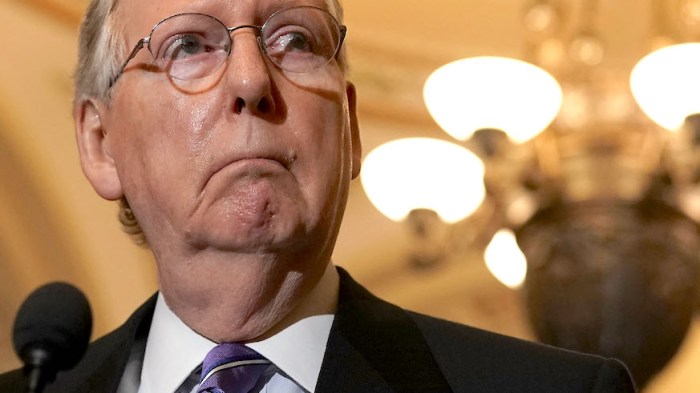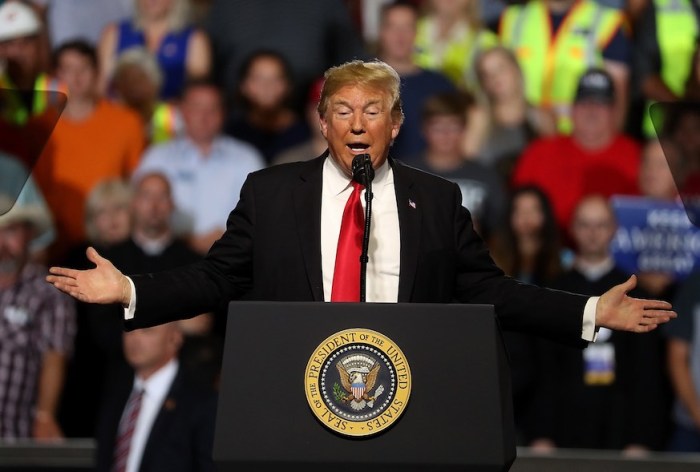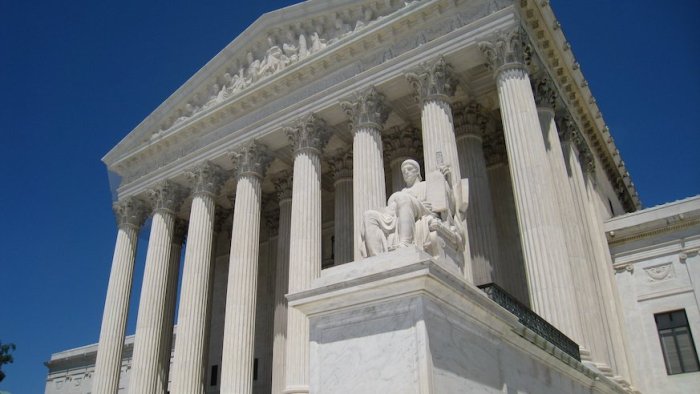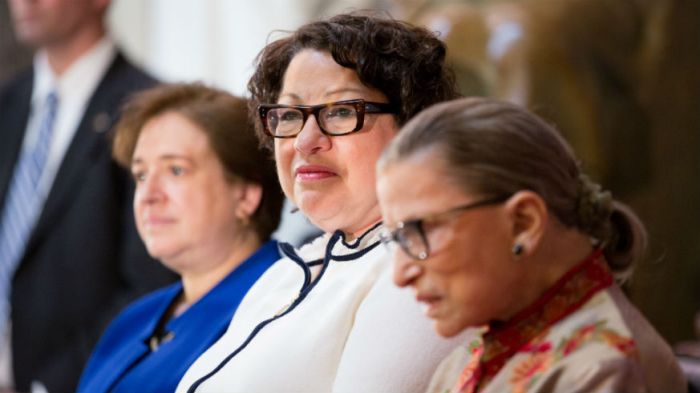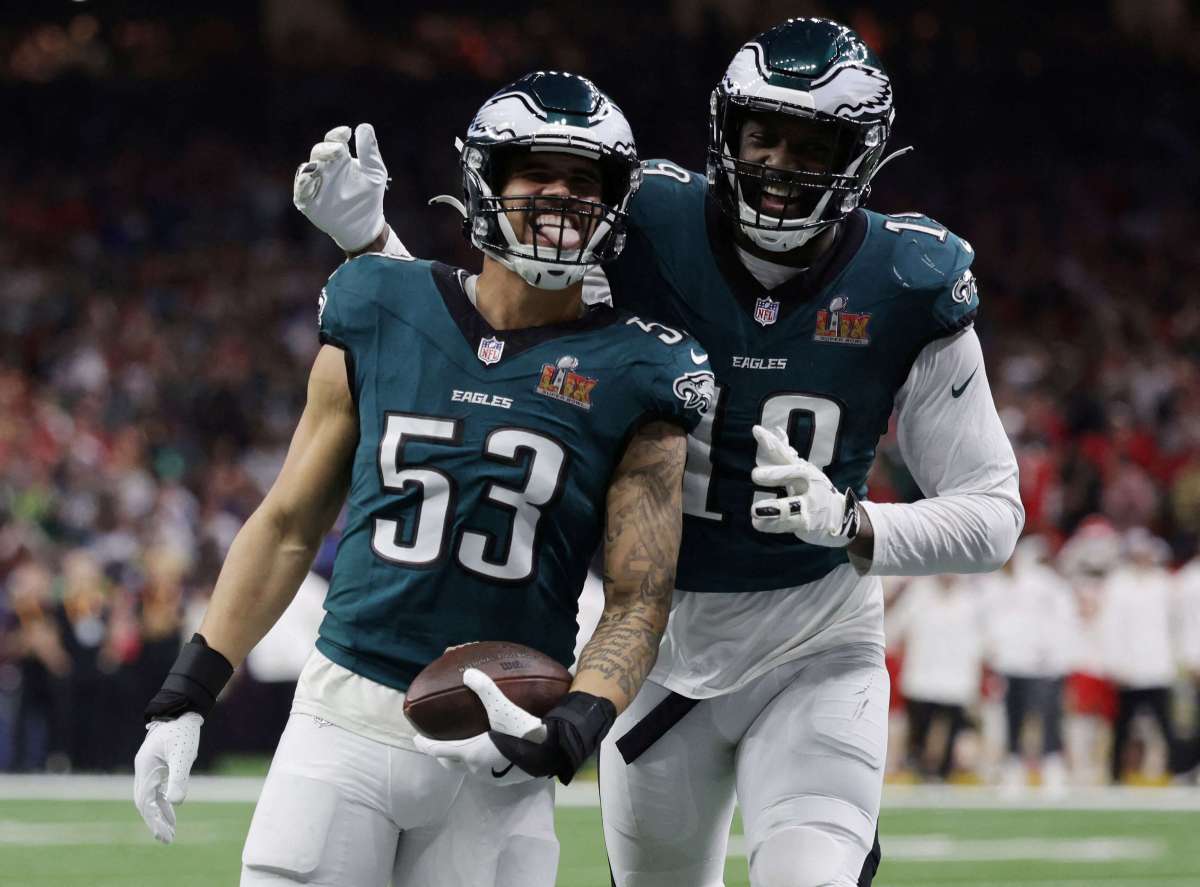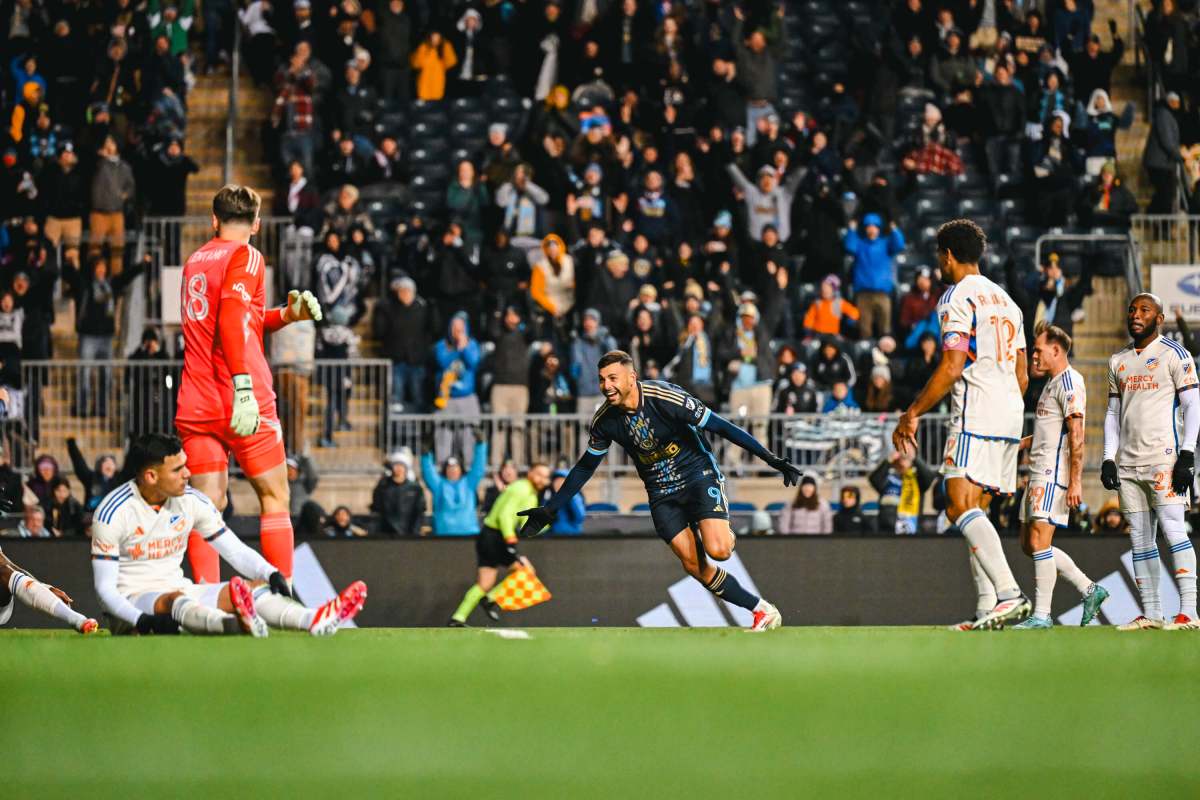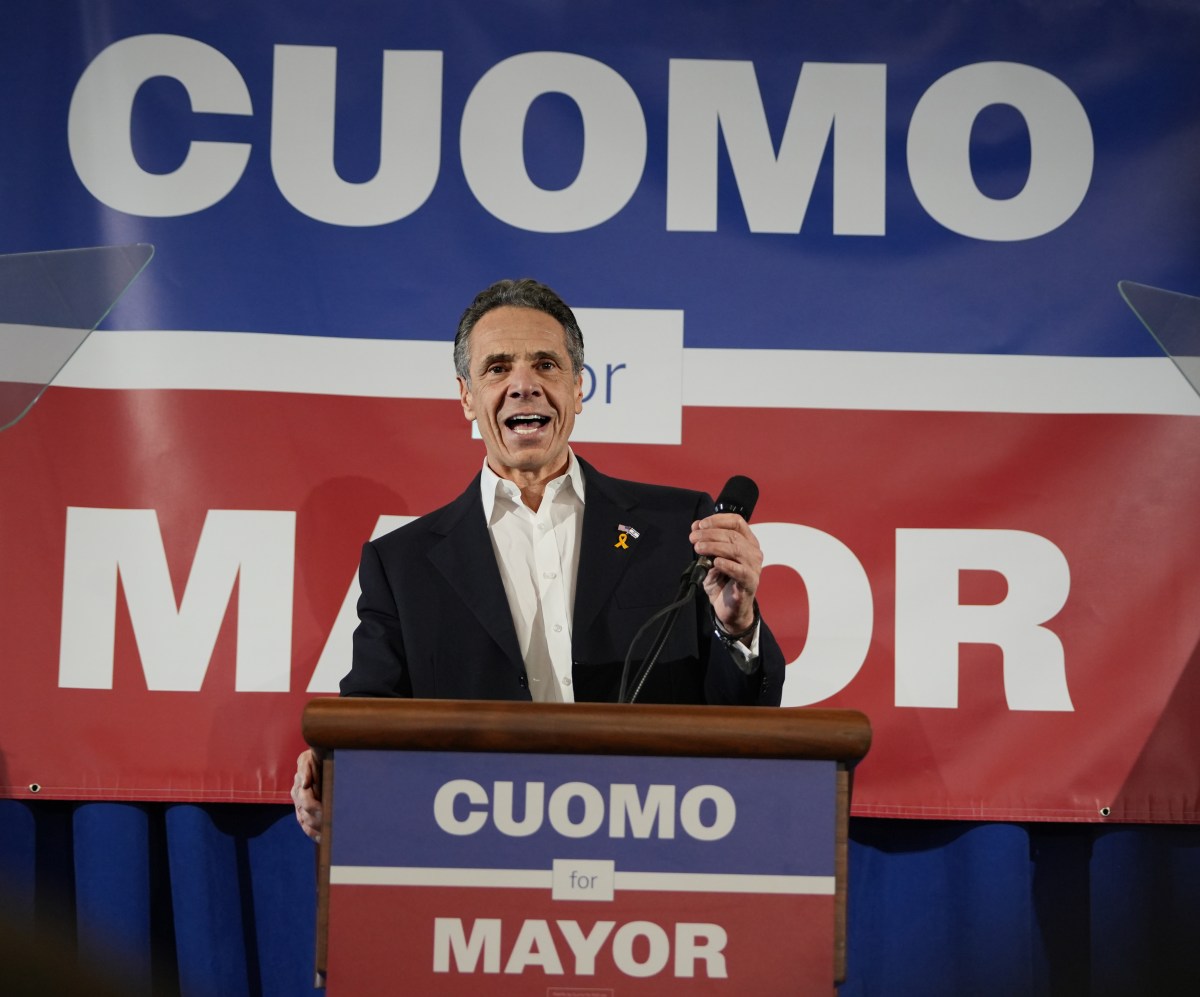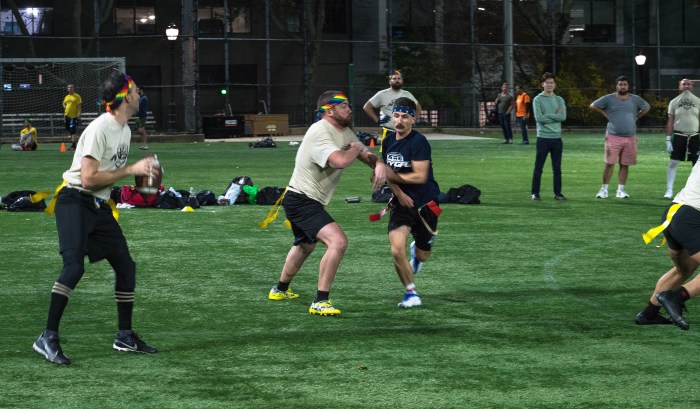With the confirmation hearings for President Donald Trump’s conservative Supreme Court nominee Brett Kavanaugh expected to begin next month, the future of Roe v. Wade and other rights hang in the balance.
Brett Kavanaugh is Trump’s second Supreme Court nomination, one that, if approved, would bring the president closer to making good on his campaign promise to overturn Roe v Wade.
Kavanaugh would replace retiring Justice Anthony Kennedy, who has served as a swing vote at critical times the 1973 landmark abortion rights case was threatened. With his expected confirmation, the Center for Reproductive Rights said on its website that “we may now face the greatest risk to the future of reproductive rights in the United States.”
To elaborate further on what confirming Brett Kavanaugh to the Supreme Court would really mean for the future of Roe v. Wade, we spoke to Amy Myrick, staff attorney for judicial strategy at the Center for Reproductive Rights.
“Brett Kavanaugh has at least one serious red flag on reproductive rights in his record, and that is his case that he decided about abortion rights of immigrant minors,” Myrick said. “He decided it in a way that did not respect the right to abortion, and it raises the stakes and the importance of a complete vetting and him having to answer what does he really think liberty means.”

Metro: How detrimental would Brett Kavanaugh’s confirmation be?
Amy Myrick: Justice Kennedy was the vote on the Supreme Court who upheld reproductive rights, the right to abortion, at critical times it was really threatened. He was the swing vote that assured that right would not be overturned as long as he was on the court. Replacing Justice Kennedy with someone who was going to be on the other side of those votes and would overturn or seriously weaken Roe’s protections would mean that the right to abortion could be overturned completely or weakened so much that it’s not meaningful.
Is there a current justice who could be that critical swing vote?
That’s unknowable — every time the court is reconstituted, its approach changes, and the justices interact with each other and come to each issue anew every time it’s before them. There’s no way we can make predictions about that, but the court has said it cares — and should care — about precedent once it’s been established as a core constitutional principle that people rely on.
What would overturning Roe v. Wade do?
It would mean the court was not just changing its position on abortion, but also modifying the broader doctrine that is used to protect abortions. That doctrine is about how to define liberty, so over time, the court has defined liberty to include rights that are not written into the text of the Constitution, but are really core principles of liberty. That includes not just abortion, but also the right to use contraception, to get married to the person of one’s choice, the right to have consensual sex with a partner of one’s choice, the right to raise children, the right to have children — all these rights are not in the Constitution, but the court has recognized all of them because of the way it’s read liberty.
Overturning Roe would be taking a huge part of that back, which would really drastically undermine its whole approach to the Constitution that it’s held for the past 40-plus years.
What needs to happen in the forthcoming confirmation hearings for Brett Kavanaugh?
The Senate can’t confirm somebody who hasn’t demonstrated clearly and unequivocally that he or she supports the approach to the Constitution that has been used to find and protect the right to abortion and other kinds of fundamental liberties rights over time. We can’t allow someone to skate by without making a clear statement about that like nominees have tried to do in the past. Nominees try to get out of talking about how they view constitutional interpretation, which is core to how somebody is going to serve as a justice. Those questions are completely legitimate and have to be answered before someone can get confirmed.

